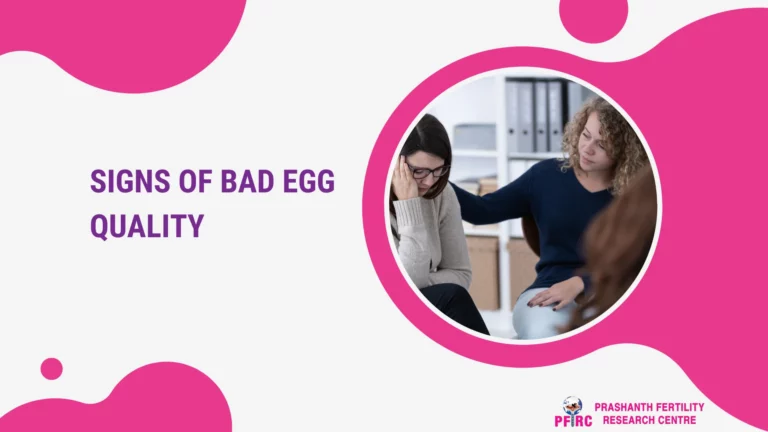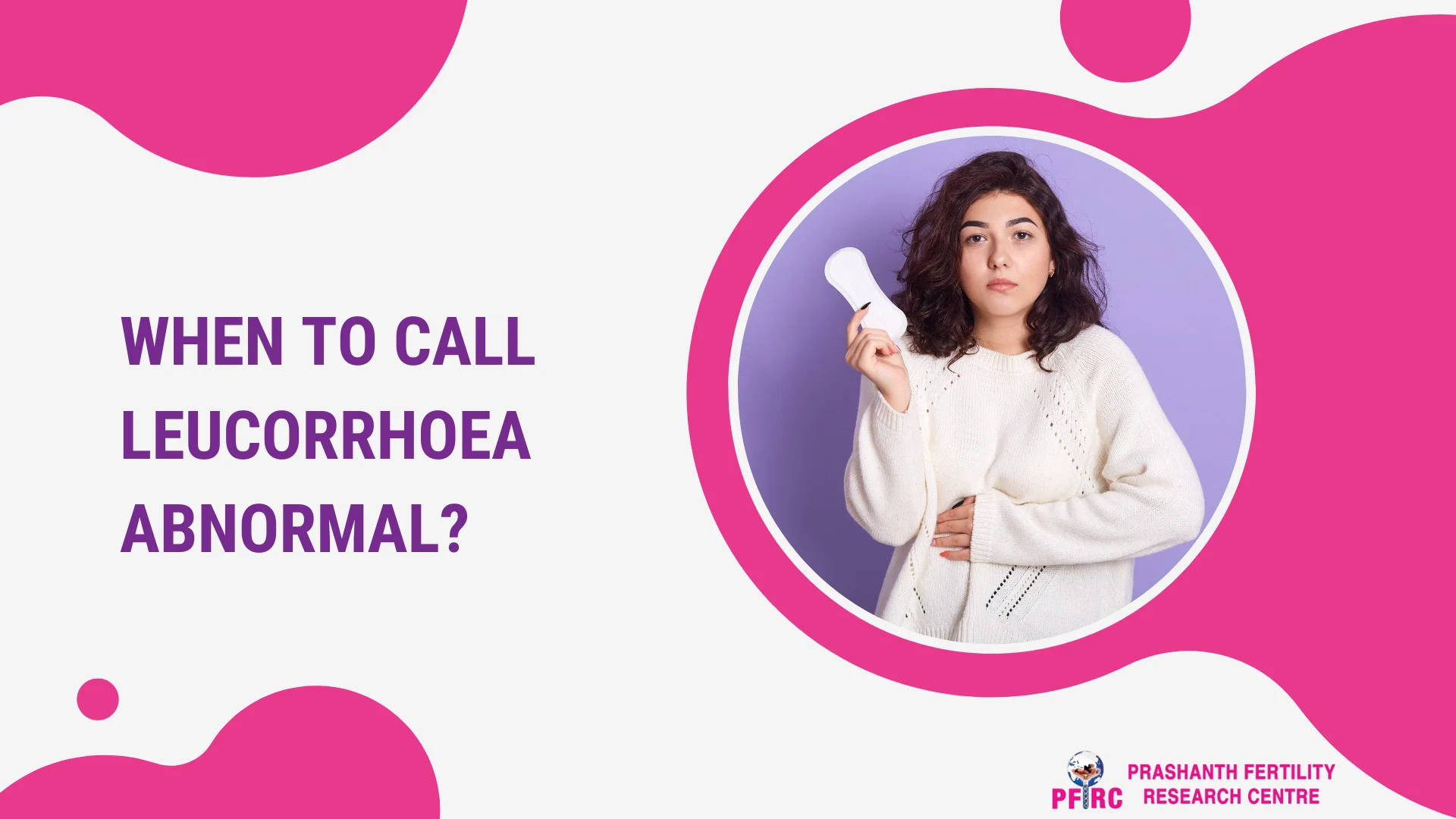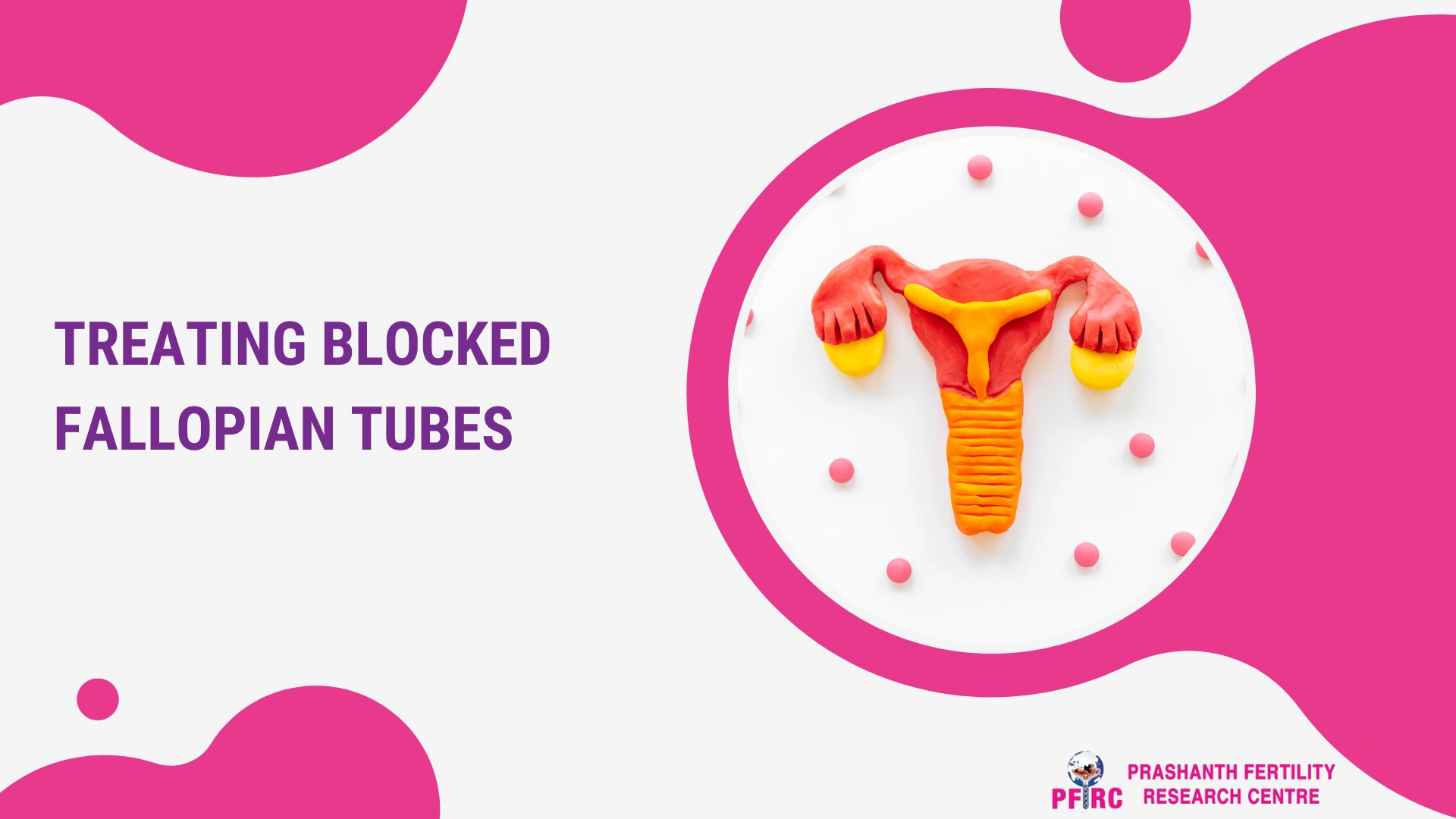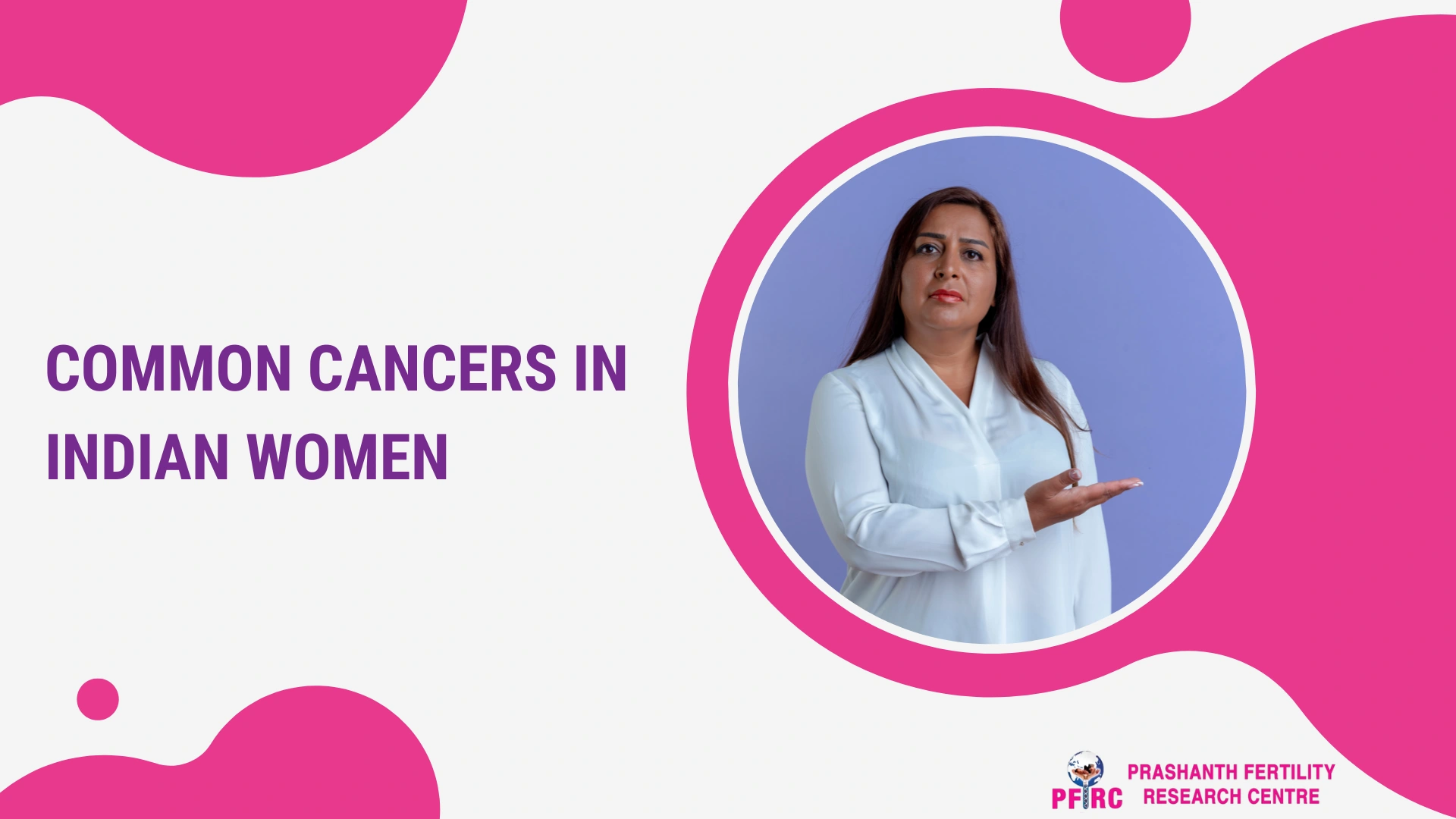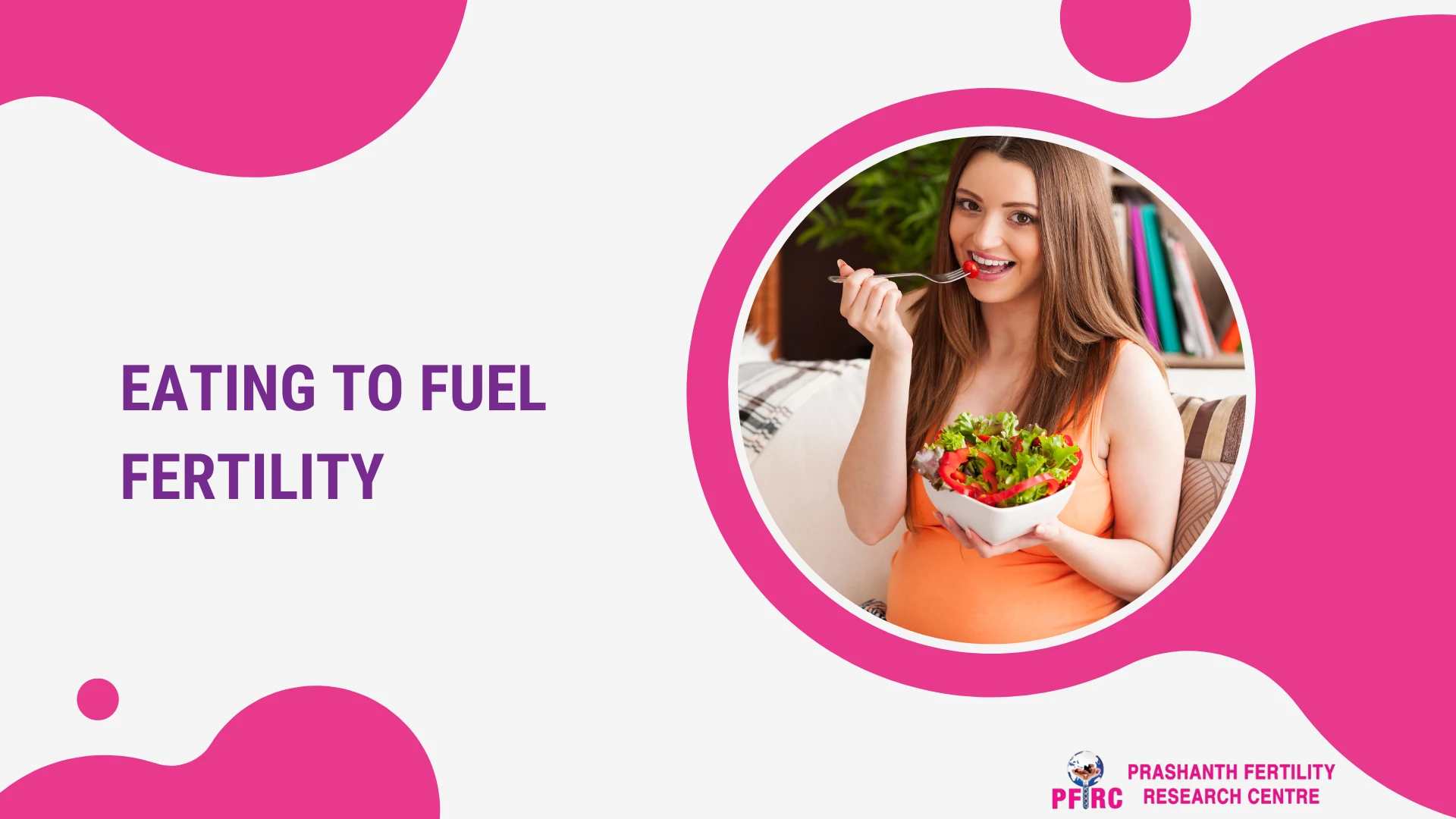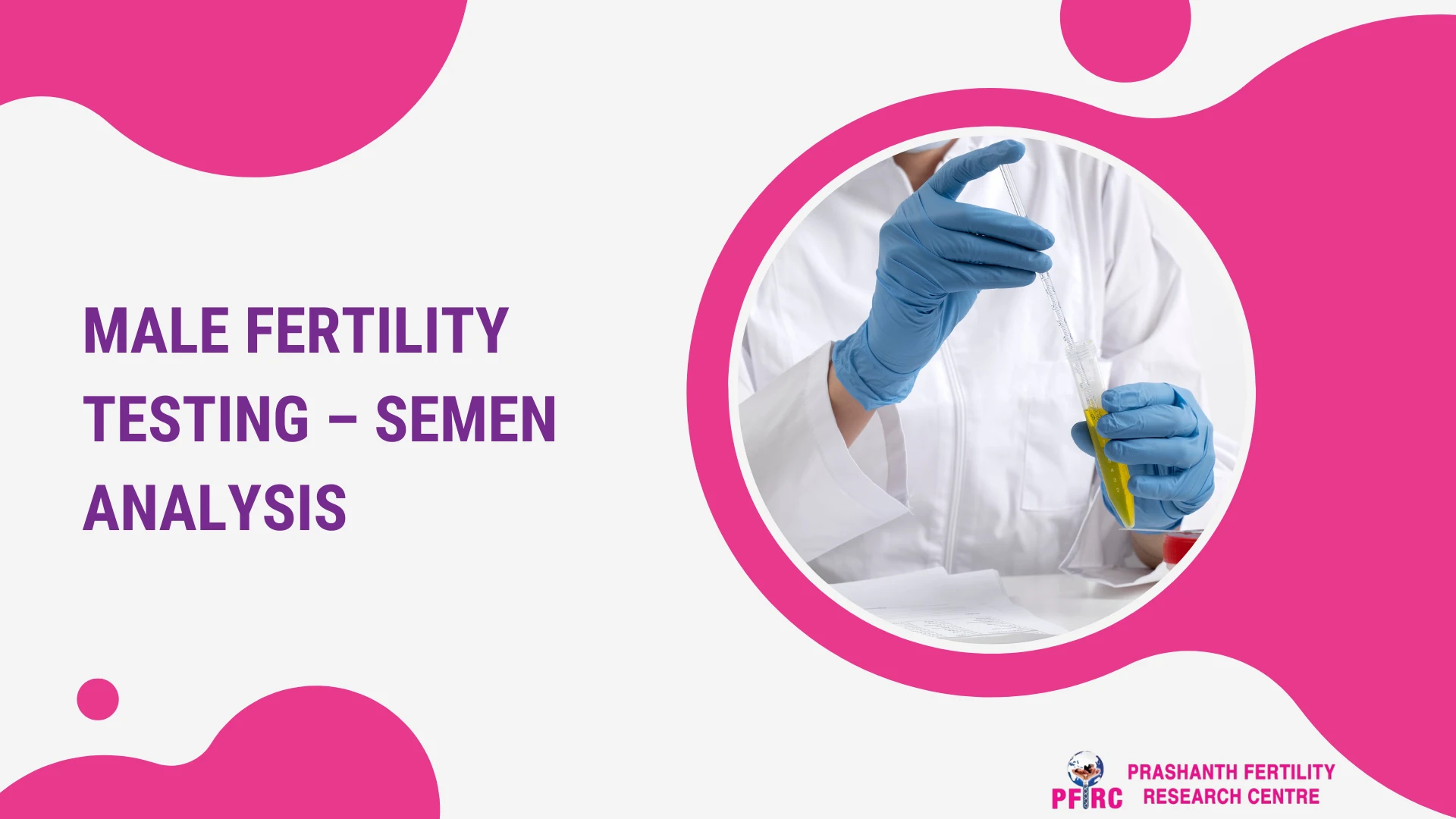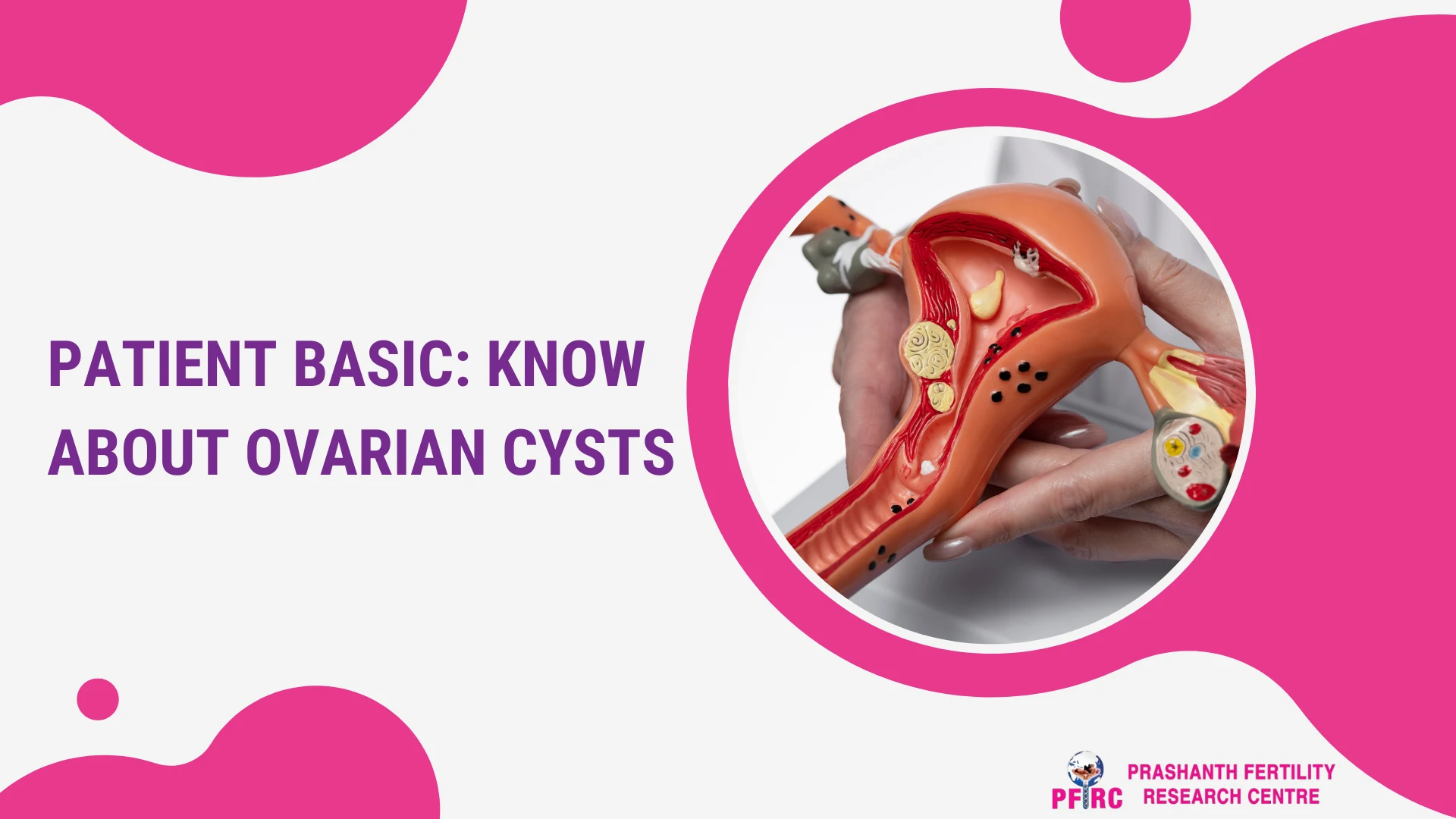The quality of an egg is one of the most important factors determining a woman’s fertility. Every month, the ovary releases one or two mature eggs.
If the egg’s quality is good, it can be fertilized, resulting in pregnancy. But if the eggs are of poor quality, the chances of successful fertilization and pregnancy are very low. the quality of egg is determined by the procedure called embryo grading
When you talk about egg quality, it refers to the egg’s genetic constitution, its morphology, its ability to be fertilized and carry a pregnancy to full term, etc.
So, how do you know if your eggs are of bad quality? Read this article to learn all about poor-quality eggs, starting from the signs to their diagnosis and treatments.
Signs of Bad Egg Quality in Fertility
Though the quality of an egg can’t be seen through the naked eye, there will be some poor egg quality symptoms and signs. Below are some signs that denote that you have bad-quality eggs.
Irregular periods
Having trouble ovulating is one of the main signs of poor egg quality. You are having irregular periods if
- your period lasts longer or shorter than the normal time frame,
- you have heavy or very light flow during your period, or
- you have no periods for months.
Any of the above conditions can indicate that you have poor-quality eggs.
Repeated miscarriage
A miscarriage happens when the embryo can’t grow and dies during the early stages of pregnancy.
The quality of an egg is essential to develop into an embryo and carry pregnancy till full-term. A poor-quality egg will have trouble fertilizing and developing into a healthy embryo.
This can lead to repeated miscarriages. No matter how many times you try, you can’t have a successful pregnancy if you have poor-quality eggs.
Low FSH reserves
Low FSH (follicle-stimulating hormone) reserve in your blood can also indicate the poor quality of your eggs.
FSH is a female reproductive hormone produced by the pituitary gland. As the name suggests, this hormone is responsible for stimulating the ovaries to produce a mature egg every month.
As the egg quality decreases, they become more resistant to FSH. They will require more FSH to produce mature eggs, resulting in higher FSH in the blood and lower FSH reserve.
Low estradiol levels
Estradiol is the most common form of estrogen hormone. During menstruation, the estradiol levels increase to mature and release the eggs. It also helps thicken the uterine lining to facilitate the implantation of fertilized eggs.
Low levels of estradiol results in low egg quality and quantity. They also lead to decreased implantation and pregnancy rates.
Low AMH levels
Low AMH levels are often associated with the number of eggs available (egg quantity). The higher the AMH levels, the more number of eggs available. If you have low AMH levels, it means you have less number of eggs available.
Low follicular count in sonography
An ultrasound scan can show you the number of follicles present in your ovaries. A low follicle count means you have a low number of eggs that will mature and be available for fertilization.
Though this may not directly affect the quality of your eggs, a low ovarian reserve means fewer chances of having good-quality eggs for fertilization.
Chromosomal disorders
In most cases, a poor-quality egg can’t develop into an embryo and lasts till childbirth. But, if it does, the resultant baby will most likely have some chromosomal abnormalities.
This can lead to a condition called Down’s syndrome, where the baby has an extra chromosome. This extra chromosome can alter the way the brain develops and cause physical or mental challenges in the baby.
The Impact of Bad Egg Quality on Fertility
The quality of an egg has a huge impact on a woman’s fertility. The higher an egg’s quality, the higher its chances of successful fertilization and conception. A low-quality egg can significantly affect your chances of having a healthy pregnancy and childbirth.
Having a poor-quality egg doesn’t mean that you can’t get pregnant. It just means that your chances of getting pregnant are low, and the baby may sometimes have some chromosomal issues.
It is better to reach out to Fertility Hospitals and check your egg quality if you have recurrent miscarriages or can’t get pregnant after a year or so of unprotected intercourse.
Factors Affecting Egg Quality
Several factors affect the quality of your eggs. Below are some of them.
Age
As age increases, the quality of the egg decreases. Generally, the quality of your eggs will start declining as you reach 35 years of age. However, the age might differ for each woman based on their health conditions and lifestyle.
Lifestyle
Unhealthy lifestyle habits like smoking, drinking, drugs, etc., can also affect the quality of your eggs. Eating unhealthy foods like fast food and other beverages also affects egg quality.
Environmental factors
Exposure to certain toxins like pesticides, industrial chemicals, and heavy metals can affect egg quality. Certain medications can also cause significant damage to the eggs.
Health conditions
Certain health conditions like endometriosis, PCOS (Polycystic Ovary Syndrome), and autoimmune disorders can affect egg quality.
Genetic and chromosomal abnormalities
Certain genetic or chromosomal mutations can affect the health and quality of the eggs.
Diagnostic Tests for Egg Quality
1. Basal Follicle-Stimulating Hormone (FSH) Test
This is a blood test that measures the FSH levels in your blood. High FSH levels mean a reduced ovarian reserve and poor egg quality. This test gives your fertility doctor valuable insight into your egg quality.
2. Anti-Mullerian Hormone (AMH) Test
The AMH test is another blood test that measures the AMH levels in your body. This test can help doctors assess the ovarian reserve. High AMH levels mean a high ovarian reserve and vice versa.
3. Antral Follicle Count (AFC) Test
The AFC test is an ultrasound scan to evaluate the number of follicles available in the ovaries. The higher the count, the higher the ovarian reserve, and vice versa.
4. Ovarian Reserve Testing
This test combines the tests mentioned above (FSH, AMH, and AFC). This test gives a comprehensive view of your egg quality and quantity. By evaluating your fertility from all angles, your fertility doctor can draft treatment plans that are tailored to your body conditions.
Treatment for Bad Egg Quality
Improving the quality of your eggs can be tiring. But don’t lose hope. Dome properly and diligently, you can see improvements in your egg quality as days go by. Below are some methods you can follow to improve the quality of your eggs.
Lifestyle changes
Minor lifestyle changes like adopting a nutritious, balanced diet, exercising regularly, quitting unhealthy habits like smoking and alcohol, and managing stress can positively impact your egg quality.
Supplements and vitamins
Supplements like Coenzyme Q10 (CoQ10), DHEA (Dehydroepiandrosterone), Inositol, and other antioxidants can improve egg quality.
Medical treatments
If medication and lifestyle changes don’t work, you can opt for fertility treatments like IVF, ICSI, donor eggs, etc.
Conclusion
Bad egg quality can significantly affect your fertility and your ability to get pregnant. So, if you have any of the signs we discussed above, immediately visit your fertility doctor and take the necessary measures to rectify the situation.
FAQs
Age, genetics, specific medical disorders, lifestyle choices like smoking and binge drinking, and exposure to environmental contaminants are some of the few causes of poor egg quality.
Blood tests measuring follicle-stimulating hormone (FSH), estradiol, and anti-müllerian hormone (AMH) are popular methods to assess the egg’s quality. AMH can be tested any time during the cycle, but FSH and estradiol are often evaluated at the beginning of a woman’s menstrual cycle between days one and five.
The quality of a woman’s eggs is normally at its peak in her late teens and early 20s, gradually decreasing in both quantity and quality as she gets older.

